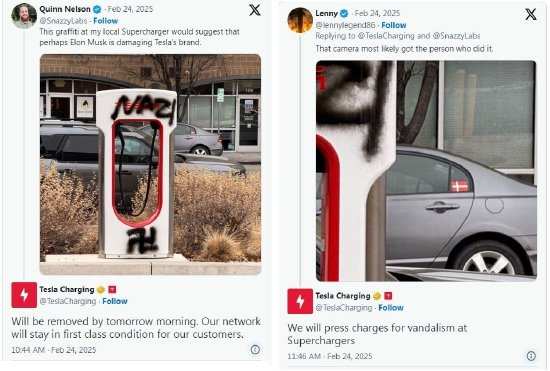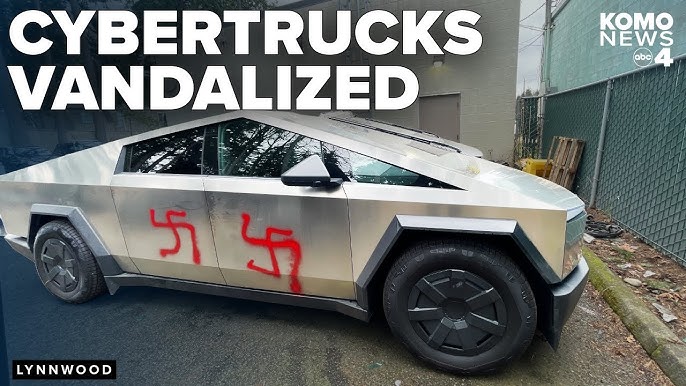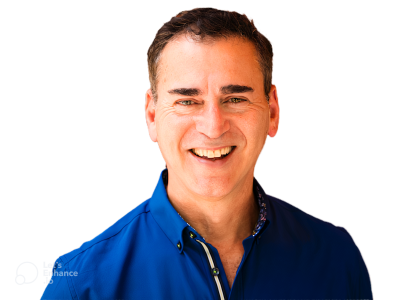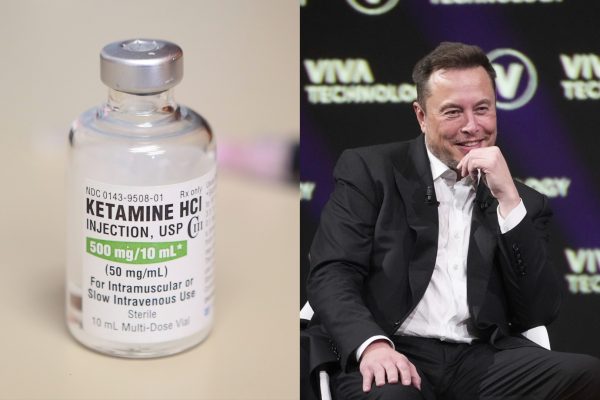Will Musk Do To Ketamine What He Did To Tesla?
By Michael Alvear, Health Author & Independent Researcher
My research is published on these scholarly platforms:
The man who made Tesla cool made Tesla embarrassing. He built a platinum, era-defining brand then dragged it through the mud of his personal chaos. And now he may be doing the same thing to ketamine.
Ketamine therapy is a breakthrough. It’s changing lives. It’s giving hope to people who’ve spent years trapped in the darkness of treatment-resistant depression. It’s what Tesla once was—a revolutionary new way forward.
But here’s the problem: Just as he’s always been the face of Tesla, Elon Musk is now becoming the face of ketamine therapy.
Tesla Was Supposed to Be Untouchable
It wasn’t just the best electric car—it was the electric car. A statement. A movement. Then Musk turned it into an object to hate.
Musk’s approval rating sits at 35%, a free fall from his once god-like status. Tesla’s stock is in a tailspin, struggling against an EV market Musk himself helped create. People are vandalizing Tesla charging stations out of spite.

In Lynnwood, Washington, six Tesla Cybertrucks were spray-painted with swastikas and anti-Musk messages—an unthinkable level of brand toxicity for a company that once led the future of transportation.

Tesla was supposed to be about sustainable innovation. Now it’s about Musk’s erratic behavior. The company is inseparable from his persona, and that persona is increasingly a liability.
Now, It Looks Like He’s Doing the Same Thing to Ketamine
Musk has been open about using ketamine to treat his depression. That kind of visibility should be a good thing. A billionaire tech visionary normalizing ketamine treatment could have been a watershed moment.
Instead, we get this:
- Musk tells the world he takes “a small amount once every other week or something like that.”
- Reports from Vanity Fair (and now repeated widely across major outlets like the New York Times) allege that he also uses higher doses recreationally at social events.
- New York Magazine quotes sources saying those around him are increasingly concerned about his ketamine use, worried that it’s spiraling into self-medication.
This isn’t a medical success story. It’s a slow-motion disaster.
Because That’s Not How Ketamine Therapy Works
Ketamine isn’t something you “take as needed.” It’s not a pill you pop whenever you feel sad. If you get it from a clinic, you take it under supervision and stay for monitoring. If you get it from a telehealth service, it arrives in strictly limited doses, and you take it on camera while a clinician watches.
There is no version of legal, ethical ketamine therapy that looks like what Musk is describing (casual, like popping a Tylenol when your muscles ache).
So if he’s telling the truth, there are only three possibilities:
- He has a doctor willing to risk their medical license by handing out ketamine prescriptions without oversight.
- He’s sourcing it illegally—like Matthew Perry did when he turned to “The Ketamine Queen” for black-market supplies.
- He’s exaggerating—following medical guidelines but making it sound like he’s dosing at will because that fits the lone-genius narrative better.
What Happens When Musk Models Dangerous Use?
When Musk normalizes reckless use, people will follow. First, some will try to “self-treat” like their hero—those with money, access, and determination to get ketamine without medical supervision. No, the average person isn’t picking up ketamine at CVS. But let’s not kid ourselves—if Musk makes it sound casual, like popping a Tylenol, there will always be people who figure out how to get it.
Second, some of them will get hurt. Not because ketamine isn’t safe when used properly, but because they’ll be using it exactly how Musk models—alone, without medical oversight, without understanding the risks. And when the inevitable happens—an overdose, an injury, a death—do you think the media will draw careful distinctions between reckless abuse and clinical treatment? No chance. The headlines will be brutal.
Third, regulators will swoop in. When those headlines explode, politicians and agencies like the FDA won’t care about nuance. They’ll crack down on everyone. Not just on the abusers—but on legitimate patients following every medical rule, people who depend on ketamine to stay alive.
Why This Matters
Ketamine therapy is already under scrutiny. Stories of abuse, addiction, and high-profile overdoses threaten its legitimacy as a life-saving treatment. If Musk is misusing ketamine—or even just giving the impression that he is—he’s reinforcing the worst fears of regulators, politicians, and the media.
Ketamine Was Climbing Out of the Gutter Until Musk Dragged It Back
For years, ketamine has been crawling out of, ahem, the hole it was thrown into—fighting to shake off its image as a rave drug. The “Special K” headlines, the nightclub scenes—those were finally starting to fade as real science proved what ketamine can actually do: put severe depression into remission when nothing else worked.
The ketamine nasal spray Spravato got FDA approval. Dozens of clinical trials confirmed ketamine’s ability to stop depression in its tracks. Doctors and researchers are starting to win the public’s trust. For the first time, ketamine is being seen as medicine—not a party drug.
If Ketamine Becomes “Musk’s Drug”, Who Will Still Take It?
Here’s the part no one’s saying out loud: if ketamine becomes “Musk’s drug,” millions of people who need it to survive may walk away. Especially those already nervous about psychedelics, who finally worked up the courage to consider it—only to see it splashed across headlines next to a man who inspires as much revulsion as he does devotion.
People aren’t boycotting Teslas because of faulty batteries—they’re boycotting Musk. If he does to ketamine what he did to Tesla, ketamine therapy won’t just crash. It’ll be a mass casualty event for mental health treatment.



 Why FDA Trials Show 60% Esketamine Remission While Independent Studies Don’t
Why FDA Trials Show 60% Esketamine Remission While Independent Studies Don’t
Leave a Reply